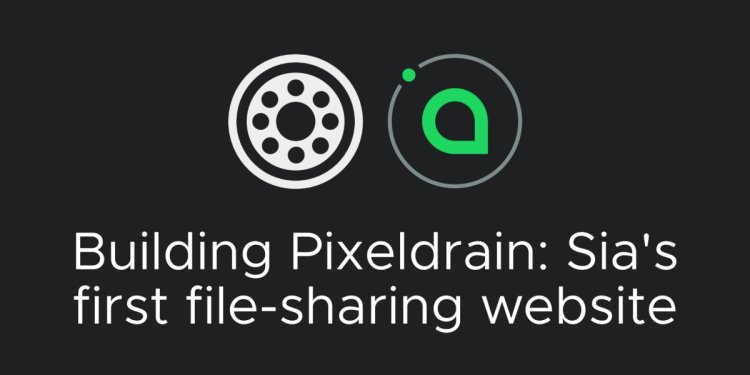PixelDrain Client | Share Files With Decentralized Cloud Storage.
If you’re a Homebrew or Linuxbrew user, you can install this app by the following commands:

A PixelDrain Client
Usage
Upload a file
upload
command uploads a file to Pixeldrain and shows a URL to it.
$ pd upload
The uploaded file has the same name as the given file.
-n
and
--name
options overwrite the file names.
If uploading file is given via STDIN, use
-
instead of a file path. In this case either
-n
or
--name
option is mandatory.
For example, this command reads
file1.txt
and uploads it with name
uploaded.txt
:
$ cat file1.txt | pd upload --name uploaded.txt -
Download a file
download
command downloads a file from Pixeldrain and writes it to STDOUT.
$ pd download
If
-o
option is given with a directory path, the downloaded file is stored in the directory instead of writing to STDOUT.
For example, this command downloads a file
abcdefg
in
~/Download
:
$ pd download abcdefg -o ~/Download
Upload/Download a directory
This application supports uploading a file from STDIN and downloading a file to STDOUT. With
tar
command, it’s also able to upload/download directories. For example, this command uploads
~/Documents
directory:
$ tar zcf - ~/Documents | pd upload -n documents.tar.gz -
and this command downloads the file:
$ pd download | tar zxf - -C ~/Downloads
Installation
If you’re a Homebrew or Linuxbrew user, you can install this app by the following commands:
$ brew tap jkawamoto/pixeldrain
$ brew install pixeldrain
To build the newest version, use go get command:
$ go get github.com/jkawamoto/go-pixeldrain
Otherwise, compiled binaries are also available in Github .







